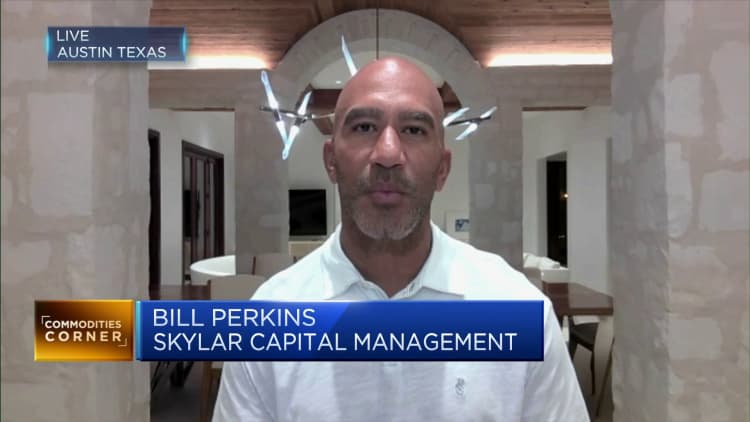Russia’s energy influence over Europe ‘is nearly over’
Germany is currently ahead of schedule in its race to fill underground gas storage facilities ahead of winter.
Bloomberg | Bloomberg | Getty Images
Europe’s dependence on Russian gas appears to be coming to an end, energy and political analysts say, potentially alleviating the risk of further supply disruptions at a time when many fear Russia could completely cut off deliveries during the winter.
Europe in recent months has endured a sharp drop in gas exports from Russia, traditionally its largest energy supplier.
It has deepened a bitter dispute between Brussels and Moscow and exacerbated the risk of recession and a winter gas shortage.
Russia has cited faulty or delayed equipment as the reason for a reduction in deliveries. European policymakers, however, consider the supply cut to be a political maneuver designed to sow uncertainty across the 27-nation bloc and boost energy prices amid the Kremlin’s onslaught against Ukraine.
Russia’s energy weapon is going to become moot.
Agathe Demarais
Global forecasting director at The Economist Intelligence Unit
Agathe Demarais, global forecasting director at The Economist Intelligence Unit, a research and advisory firm, told CNBC that the Kremlin appeared to be weaponizing energy supplies and “burning bridges” with Europe while it still could.
Asked whether Russia’s energy influence over Europe may be coming to an end, Demarais replied, “Yes. Actually, very much so.”
“Europe is heading towards a very difficult winter, probably two years of a very difficult adjustment with a lot of economic pain. But then Europe is essentially going to become more independent with a more diversified mix,” Demarais said.
“And what that means is that Russia’s energy weapon is going to become moot,” she added. “Our view is that Russia knows that and that’s why it is already killing off gas supplies or inflicting uncertainty because it knows that if it wants to do damage to Europe it has to do it now. It is a now or never question.”
Race to fill gas storage
Germany, until recently, bought more than half of its gas from Russia. Yet, Europe’s largest economy is currently ahead of schedule in its race to fill underground gas storage facilities in order to have enough fuel to keep homes warm during the colder months.
Analysts told CNBC that Germany has been able to rapidly fill its gas stocks in recent weeks because of several factors. These include strong supply from Norway, the Netherlands and other countries, falling demand amid soaring energy prices, businesses switching from gas to other types of fuel, and the government providing more than 15 billion euros ($15.06 billion) in credit lines to replenish storage facilities.

The latest estimates from the power industry association BDEW show that German gas consumption from Russia fell to 9.5% in August. That’s down from a whopping 60% during the same period last year.
Norway has stepped in to become Germany’s biggest supplier of gas, BDEW data shows, providing almost 38% of German…
Read More: Russia’s energy influence over Europe ‘is nearly over’
